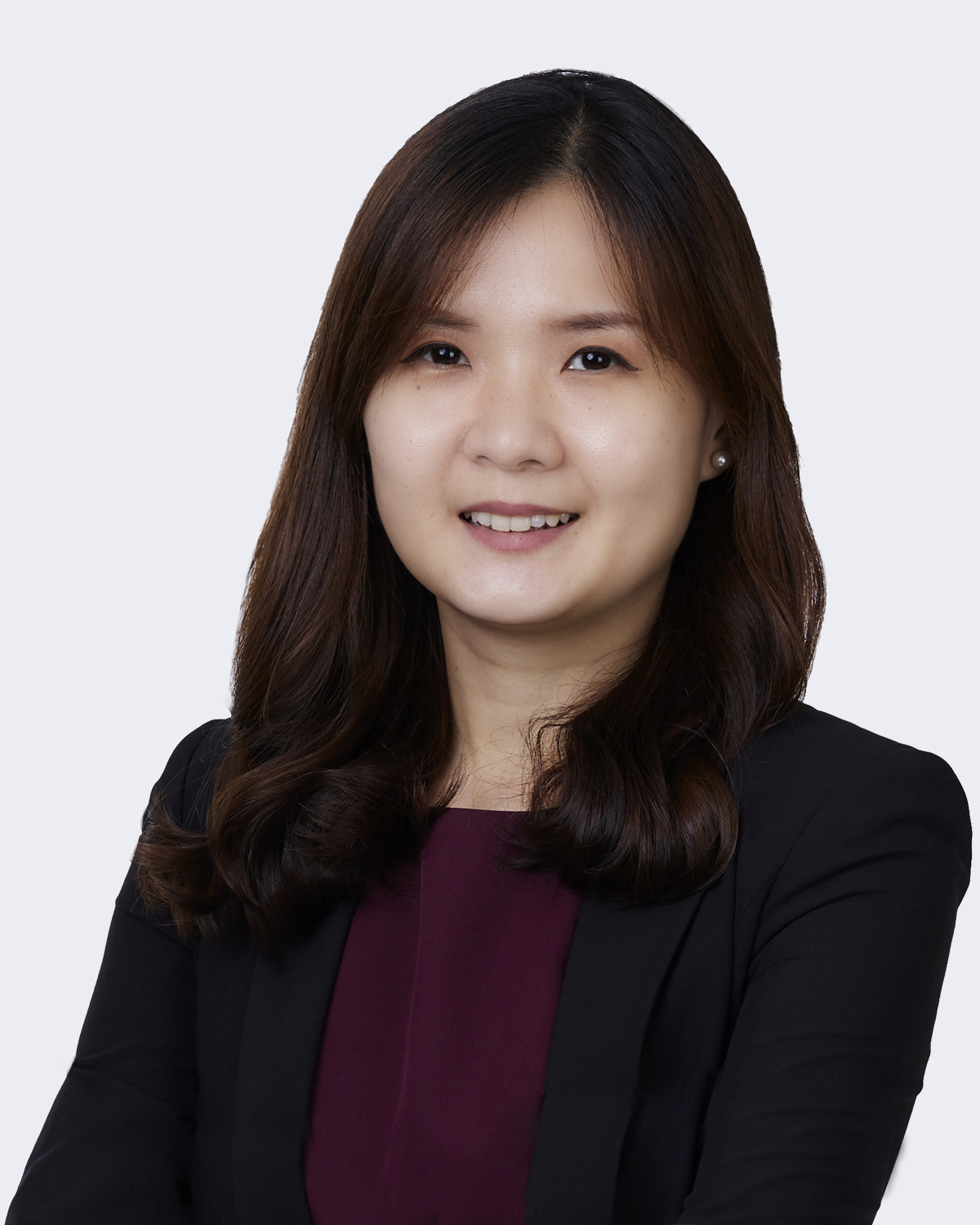On June 13, 2019, Thailand’s Department of Intellectual Property (DIP) published a new edition of the Guidelines for Examining Patent and Petty Patent Applications, with the aim of harmonizing and updating the examination of patent and petty patent applications in Thailand. The new edition of the Guidelines will replace the previous version published in 2012. To enhance communications between applicants and examiners, the new edition of the Guidelines introduces new standard reporting forms for patent examination, such as forms for office actions, search reports, and written opinions, in order to improve the clarity and quality of the reports transmitted to applicants.
Furthermore, the new edition of the Guidelines provides additional clarification of Sections 9(1) and 9(3) of the Thai Patent Act B.E. 2522 (1979), with regard to non-patentable subject matters in Thailand, which this article will explore.
Natural Products and Purified Natural Products
Pursuant to Section 9(1) of the Thai Patent Act, naturally occurring microorganisms and their components, animals, plants, and extracts from animals or plants, are non-patentable subject matters in Thailand. Products of nature, or discoveries thereof, are not eligible for patent.
Nevertheless, last year, there was an issue about whether or not “purified natural products,” such as extracts from animals or plants, are regarded as non-patentable products of nature under this section. The previous edition of the Guidelines was not clear on this issue. However, the new edition tackles the issue by asserting that “purified natural products” that have the same characteristics as natural ones are non-patentable subject matter under Section 9(1) of the Thai Patent Act.
The approach adopted by the DIP seems to be in contrast with the practice of the Trilateral Patent Offices, the United States Patent and Trademark Office, the European Patent Office, and the Japan Patent Office, which do not consider purified products as naturally occurring. The natural products in a purified or isolated form are therefore eligible for patent protection in those countries. However, while the DIP Guidelines make purified natural products ineligible for patenting in Thailand, methods for purifying a natural product (not the product itself) are still regarded as patentable subject matter and do not fall within the scope of Section 9(1).
Computer Programs
Pursuant to Section 9(3) of the Thai Patent Act, computer programs are non-patentable subject matter in Thailand. The excluded subject matter in this provision includes computer programs per se, computer-readable storage mediums containing recorded programs, and business methods. However, inventions relating to computers or computer programs, which provide technical functions and effects to overcome technical problems, may be considered patentable subject matter under the Thai Patent Act and would not fall within the scope of Section 9(3).
To clarify this distinction, the new edition of the Guidelines provides standard terms and definitions used in computer-related industries and provides additional illustrative examples for patent examiners to use in determining which inventions are patentable and which are not under Section 9(3). A brief summary of the additional examples and their claims is outlined below.
- Inventions relating to computers or computer programs and business methods considered non-patentable subject matter
The example provided is a patent application for a “System for Processing In/Out Transactions.” The independent claims of this application are directed to a transaction processing system performed in such a way that transaction data is searched for and compared to the data in an existing database.
This invention has no technical characteristics. It merely utilizes a pathway to search and compare transaction data with data in an existing database, and that action is performed by a computer program per se. In addition, the invention is an independent computer program and neither resides in any device or hardware equipment, nor is it independently supported by any device. The subject invention of this application is considered non-patentable subject matter pursuant to Section 9(3) of the Thai Patent Act.
- Inventions relating to computers or computer programs and business methods considered patentable subject matter
The example provided is a patent application for a “Dynamic Currency Conversion for Card Payment System.” The independent claim of this application is directed to a data processing method, performed within a data processing system, for determining a selected currency, which is applied to a debit or credit card transaction between a merchant and the debit or credit card holder. In addition, it includes a step to identify the code of the identifier from a debit or credit card number.
The dynamic currency conversion system is considered a computer-related invention, not a computer program, because the computer program involved does not perform independently. The operation of the system also involves other factors, including a step/system for identifying the code of the identifier, connecting to currency data from a server/host, and determining the currency used in the operation for the code of the identifier. Therefore, the subject invention has technical characteristics that can solve technical problems, allowing the debit or credit card holder to consider or determine whether to use the currency in the operation according to the code of the identifier, or whether to select another listed currency. Hence, the subject invention of this application is considered patentable subject matter and does not fall within the scope of Section 9(3) of the Thai Patent Act.
Conclusion
The new edition of the Guidelines takes a step forward in addressing the issue of the patentability of natural products and computer programs in Thailand. It will encourage better understanding among applicants, practitioners, and examiners in the context of patent and petty patent examination and will result in speeding up the patent or petty patent examination process in Thailand.





